Game description:
Late Night DJ is a compact psychological horror game set inside a quiet radio station during a solitary night shift. You play as a DJ covering a late-night program, seated among soundboards, records, and flickering monitors. At first, the job is routine — play music, answer calls, stay alert. But strange transmissions begin interrupting the show. A whisper on the line. A voice that knows your name. Objects in the studio shift when you're not looking. What begins as a calm broadcast becomes a test of whether you can endure what listens back.
What Seems Normal Never Stays That Way
The game builds tension by using everyday actions and transforming them into unsettling routines. You press play on songs, respond to static-heavy calls, and wander the quiet station to reset signals or fix power outages. These basic tasks grow increasingly difficult as unexplained events disrupt your workflow. Lights flicker, the vending machine clicks without reason, and the phone rings even when unplugged. This creeping breakdown of reality is gradual and subtle, using small changes to chip away at your sense of control.
Player Choice Shapes the Ending
In Late Night DJ, every action matters. Whether you answer a call immediately or let it ring, whether you check the hallway or ignore the noise — these choices affect how the night unfolds. The game includes multiple outcomes, and your decisions influence what you see and hear. There are no jump scares or monsters chasing you, but something in the dark reacts to your behavior. The fear grows not from being hunted, but from slowly realizing you’re not alone in the building — and maybe haven’t been for some time.
Sound Becomes the Threat
Audio plays a central role in the experience. The sound design is reactive, immersive, and sometimes misleading. Radio static, distorted music, and sudden silence are all used to create an environment where you can’t always trust your ears. The voice on the phone may repeat your words or speak without context. Ambient sounds mislead you, encouraging doubt. Rather than guiding you with music, the broadcast begins to trap you in its own rhythm, keeping you locked in a loop that you’re not sure how to break.










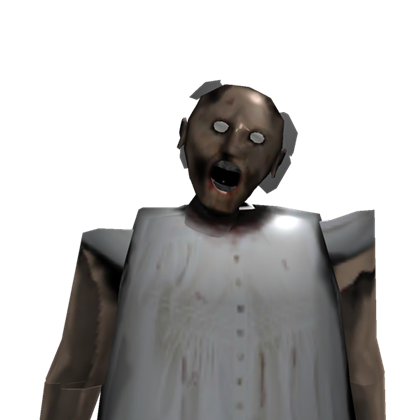
































































































































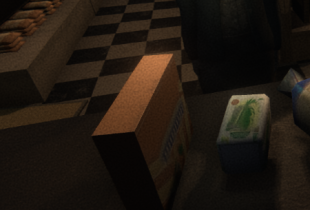
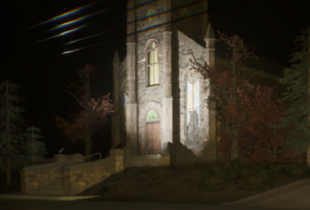

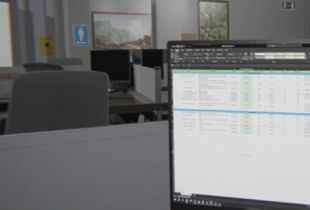
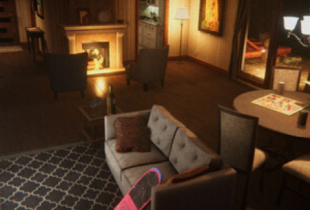
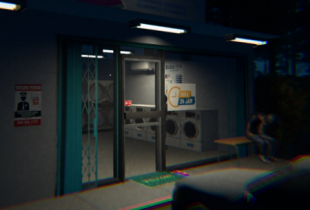
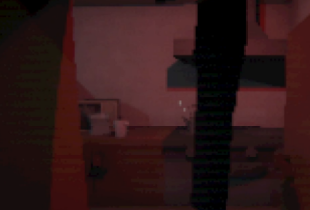
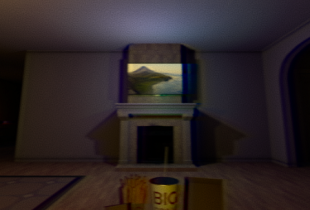
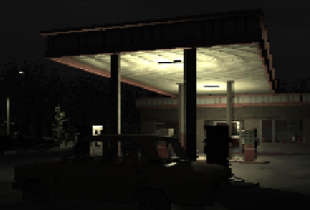
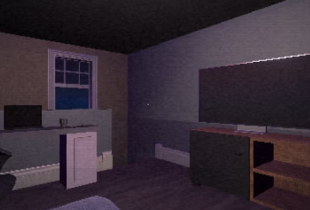
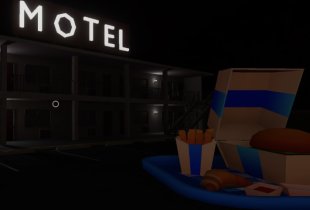
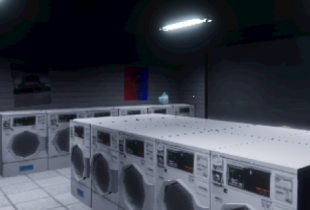
Comments